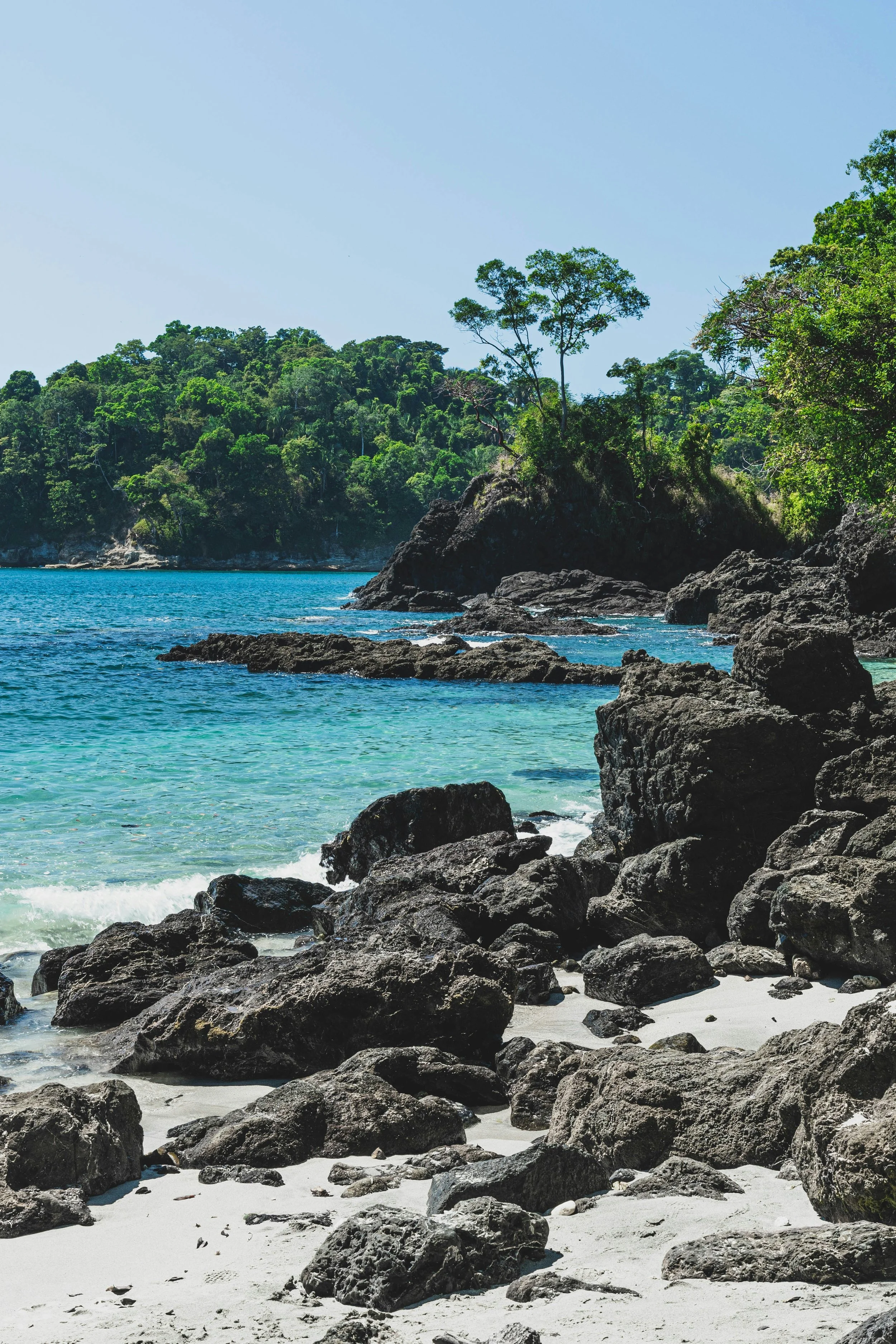
costa rica - top eco-friendly destinations
Costa Rica is renowned for its commitment to environmental conservation and sustainable tourism. Visitors can explore lush rainforests, long beaches, and diverse wildlife while supporting eco-friendly accommodations, such as ecolodges and sustainable resorts. Costa Rica is also a leader in renewable energy, with a significant portion of its electricity generated from renewable sources. Here's a closer look at some of the sustainable initiatives and practices that make Costa Rica a top eco-friendly destination:
1.Renewable Energy: Costa Rica has made significant strides in renewable energy production, with a strong commitment to reducing its carbon footprint. The country relies primarily on hydropower, wind, geothermal, and solar energy to meet its electricity needs. In recent years, Costa Rica has achieved milestones in renewable energy generation, often running entirely on renewable sources for extended periods.
2. Conservation Efforts: Costa Rica is home to a remarkable array of biodiversity, including tropical rainforests, cloud forests, beaches, and marine ecosystems. The country has established an extensive network of national parks, wildlife reserves, and protected areas to safeguard its natural heritage. Visitors can explore iconic destinations such as Manuel Antonio National Park, Monteverde Cloud Forest Reserve, and Tortuguero National Park, where conservation efforts are paramount.
3. Eco-Friendly Accommodations: Sustainable lodging options abound in Costa Rica, ranging from ecolodges and eco-resorts to sustainable boutique hotels and eco-friendly vacation rentals. These accommodations prioritize environmental sustainability by implementing green building practices, energy and water conservation measures, waste reduction initiatives, and locally sourced materials and amenities.
4. Community-Based Tourism: Costa Rica embraces community-based tourism initiatives that empower local communities and promote cultural preservation and economic development. Visitors can engage in immersive experiences with indigenous communities, rural villages, and local cooperatives, supporting sustainable livelihoods and preserving traditional ways of life.
5. Adventure Tourism: Costa Rica offers a wealth of eco-adventure opportunities for outdoor enthusiasts, including hiking, zip-lining, whitewater rafting, surfing, snorkeling, and wildlife watching. Sustainable tour operators prioritize environmental conservation, minimize their ecological footprint, and support local communities through responsible tourism practices.
6. Certification Programs: Costa Rica has established certification programs to recognize and promote sustainable tourism practices among businesses and tour operators. The Certification for Sustainable Tourism (CST) program evaluates businesses based on their environmental, social, cultural, and economic sustainability practices. Travelers can look for the CST seal when choosing accommodations, tours, and activities to ensure they support sustainable businesses.






